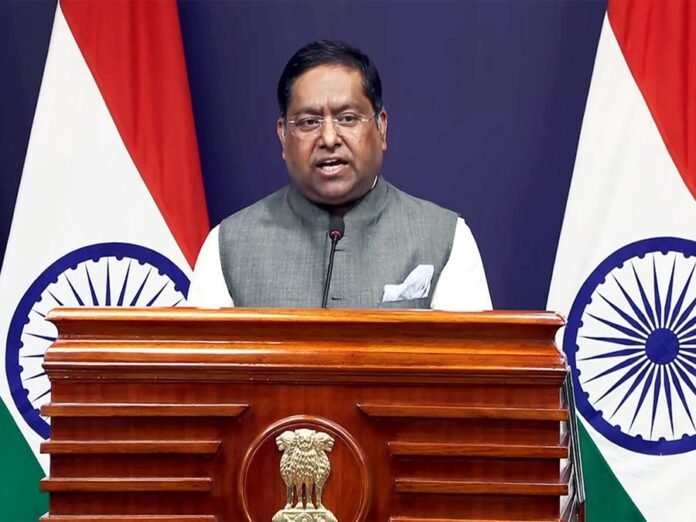India’s government is closely examining the fallout from the U.S. decision to slap a whopping $100,000 annual fee on H-1B visa applications. Officials worry this could disrupt families and create humanitarian headaches for skilled workers from India, who snag about 70% of these visas each year.
The Ministry of External Affairs shared this view in a statement on Saturday. They noted that experts in India and the U.S. are digging into the details, including early assessments from Indian businesses. “Skilled talent mobility has fueled tech innovation, economic growth, and wealth creation in both countries,” the statement said. Policymakers will weigh these mutual gains, like the strong ties between people in India and the U.S., as they review the changes.
This comes after U.S. President Donald Trump signed a proclamation on Friday, dubbed “Restriction on Entry of Certain Nonimmigrant Workers.” It kicks in at midnight on September 21 and aims to curb abuse in the H-1B program, which lets U.S. companies hire foreign experts in fields like tech and IT. The steep fee targets firms that rely on these visas, piling on financial and compliance hurdles that could hit the American tech talent pipeline hard.
For Indian professionals, the impact feels personal. Many families depend on H-1B visas for career boosts and remittances that topped $125 billion in 2023. Powerhouses like TCS, Infosys, and Wipro, which lean on these visas for U.S. projects, might face billions in extra costs. That could mean fewer hires abroad, more jobs shifting back to India, and a slowdown in upward mobility for everyday Indian families.
India’s tech lobby, Nasscom, fired off its own concerns Saturday. The group called the move a potential “disruption to global business continuity and the U.S. innovation ecosystem.” They’re reviewing the fine print but warn of ripple effects on jobs, onshore projects, and even students planning U.S. moves. “A one-day implementation window is unrealistic and creates massive uncertainty,” Nasscom said, urging a smoother transition period for businesses and workers.
Nasscom highlighted how Indian IT firms have cut back on H-1B reliance by ramping up local U.S. hiring. These companies follow all rules, pay fair wages, and boost the U.S. economy through partnerships with startups and universities. Far from a security risk, they argue, H-1B workers help keep America ahead in AI and cutting-edge tech.
The body stressed that high-skilled talent is key to U.S. leadership in a fast-changing world. “Advances in AI and frontier technologies demand this expertise to drive growth and competitiveness,” their statement noted. Nasscom plans to keep watching, team up with stakeholders, and push for clarity on any waivers from the Department of Homeland Security.
Stay informed on all the latest news, real-time breaking news updates, and follow all the important headlines in world News on Latest NewsX. Follow us on social media Facebook, Twitter(X), Gettr and subscribe our Youtube Channel.



